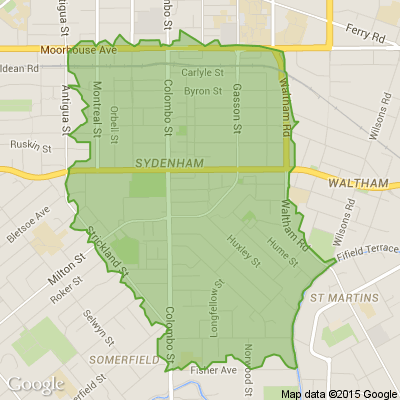How to Recover Undisputed Debts
When the court makes a decision that an individual or business is owed a debt, it issues a judgment order telling the debtor that they must pay the creditor. However, often creditors are left wondering what happens if the debtor doesn’t pay. Find out how the court can assist you in recovering an undisputed civil debt.
Collecting civil debt
The process of collecting civil debt if the debtor doesn’t pay is called ‘civil enforcement’. A creditor can only initiate civil enforcement where a court or tribunal has ordered a debtor to pay a civil debt. The court doesn’t enforce judgment orders automatically; a creditor must select the appropriate enforcement actions and manage the process independently, or with the assistance of a lawyer. When you make an enforcement application, you can claim interest on civil debt that’s more than $3,000. If your order is more than six years old, you may need the court’s approval before taking enforcement action.
You must know a debtor’s correct address before the court can take some enforcement actions on your behalf. If you don’t have the debtor’s address, you can:
· Try to find the address yourself
· Make a confidential address information request with the Ministry of Justice, or
· Enquire with a government agency under the Official Information Act 1982.
Enforcement process
There are a number of ways that the court can help you to enforce a civil debt. These include:
· Assess the debtor’s finances on paper: a financial statement for the debtor can be completed by the debtor or by you, if you have sufficient information about the debtor. This can be useful if the debtor doesn’t have a phone, English is not their first language or they cannot attend a hearing
· Assess the debtor’s finances over the phone: if you have the debtor’s telephone number, you can apply for a registrar to telephone the debtor to ascertain their ability to pay. This can be useful if you don’t have the debtor’s address, you don’t want to attend a hearing or the debtor has not completed a financial statement, or
· Summon the debtor to a financial assessment hearing: if you have an address for the debtor, you can apply for a hearing to ascertain the debtor’s financial situation. You can serve a summons to the hearing on the debtor, or request a court-appointed bailiff to do so. If service is unable to be completed, you must provide a new address for the debtor. Where service is completed, but the debtor fails to attend the hearing, a warrant for the debtor’s arrest may be issued.
Enforcement actions
You can make multiple applications to enforce civil debt:
· If you know who pays the debtor (salary, wages or benefit), you can apply for an attachment order, which tells an employer or Work and Income to transfer money from the debtor’s wages or benefit to you. This arrangement can be set up either at a hearing if the parties agree, or after the judgment order has been made
· For a debtor who has valuable assets, you can apply to the court for a warrant to seize property. You must provide evidence that the debtor owns the property
· If someone else owes the debtor money, you can apply to the court for garnishee proceedings to have that money paid to you instead, and/or
· For a debtor that owns property, you can apply for a charging order to make it difficult for them to sell that property until the debt is paid.
Fees
There are fees associated with civil enforcement. You can, however, add the cost of fees to the amount owed by the debtor to be recovered when the debt is paid. A list of current fees can be found here.
Forms
You must complete an application form for each debtor. A list of civil enforcement forms can be found here.
The process of enforcing civil debt can be time-consuming, and a debtor can throw up many roadblocks to prevent you from getting your money. If you’re having problems recovering a debt, we’re happy to guide you.
Brain Teaser of the Day 🧠✨ Can You Solve It? 🤔💬
How many balls of string does it take to reach the moon?
(Peter from Carterton kindly provided this head-scratcher ... thanks, Peter!)
Do you think you know the answer? Simply 'Like' this post and we'll post the answer in the comments below at 2pm on the day!
Want to stop seeing these in your newsfeed? No worries! Simply head here and click once on the Following button.

Poll: Are our Kiwi summer holidays helping us recharge, or holding the economy back? ☀️🥝
There’s growing debate about whether New Zealand’s extended Christmas break (and the slowdown that comes with it) affects productivity.
Tracy Watkins has weighed in ... now it’s your turn. What’s your take? 🤔

-
72.9% We work hard, we deserve a break!
-
15.9% Hmm, maybe?
-
11.2% Yes!
Some Choice News!
Many New Zealand gardens aren’t seeing as many monarch butterflies fluttering around their swan plants and flower beds these days — the hungry Asian paper wasp has been taking its toll.
Thanks to people like Alan Baldick, who’s made it his mission to protect the monarch, his neighbours still get to enjoy these beautiful butterflies in their own backyards.
Thinking about planting something to invite more butterflies, bees, and birds into your garden?
Thanks for your mahi, Alan! We hope this brings a smile!







 Loading…
Loading…





